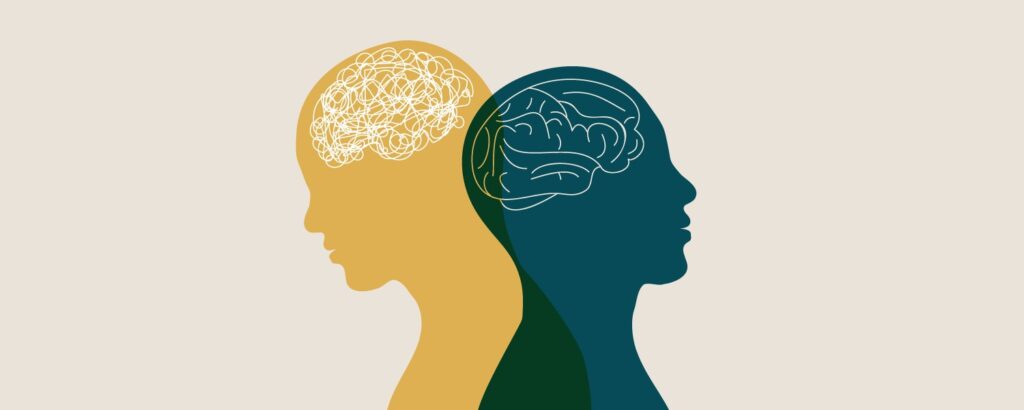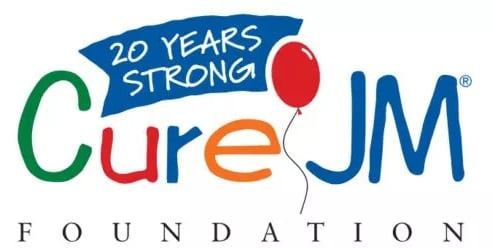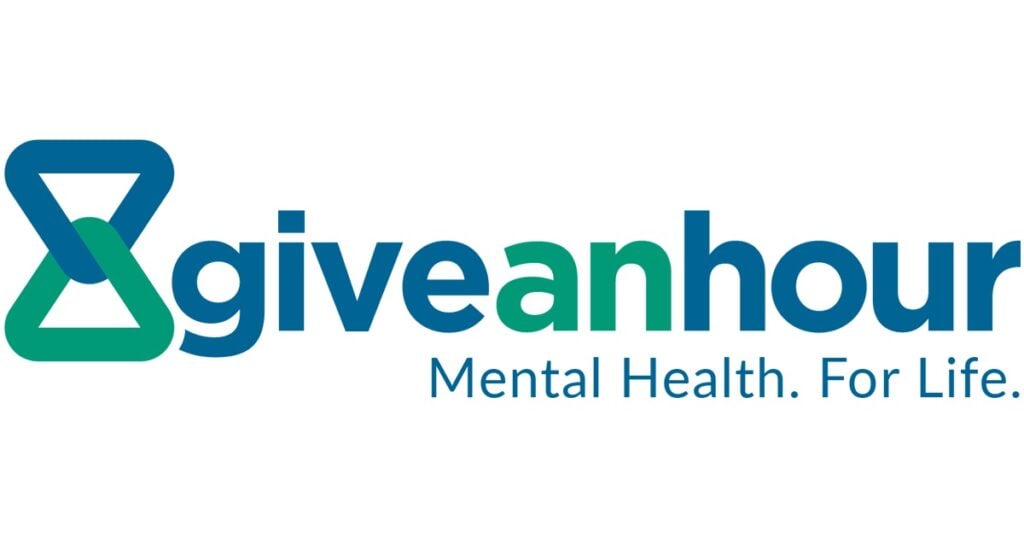Our Commitment to
Mental Health & Well-Being
Global Genes understands the challenges and obstacles that the rare disease community faces when it comes to mental health and emotional well-being, and we are here to help.
Rare conditions can have a significant impact on the mental and emotional well-being of individuals living with the condition and their care bubble (caregivers, care partners, siblings, spouses, etc.)
This is due not only to the physical symptoms of the condition, but also to a range of other factors including but not limited to:
* lack of disease awareness/understanding
* loss of independence/ increased reliance on others, lack of access to support
* care coordination pressures or demands
* financial burden
* societal isolation
* uncertainty over disease progression/flare ups, future and anticipatory grief, ambiguous grief and compound grief

Global Genes recognizes the needs of the community when it comes to mental health and emotional well-being, and hope the resources below can help to ease increased feelings of depression, anxiety and stress and improve overall mental and emotional well-being.
Mental Health & Well-Being Resources
Those in the rare disease community may experience a variety of mental health and emotional well-being challenges. Learn about the most common mental health challenges in the rare disease community, and resources that are available.
Learn MoreRARE Concierge
Through RARE Concierge, you can reach out with your unique rare disease-related questions and get information relevant to your needs. Our Patient Services Guides understand what it is like to navigate the complex world of rare diseases and are here to help. This service is free.
Contact a Patient Services GuideAddressing and Managing Pain: Resources for Patients Who Have Pain
Managing chronic pain can be challenging for rare diseases patients and their caregivers, but these resources may help patients and their caregivers better manage and address pain.
Learn MoreDepression and Anxiety: Understanding the Signs and Symptoms and Getting Help
Having a chronic and rare disease is a challenging experience, so it is understandable that mental health challenges may occur within the rare disease community.
Learn MoreGetting Help & Finding the Right Fit: Emotional and Mental Health Resources
Many resources are available for mental health care, but it is important to carefully research them, access them, and follow up with viable providers. Mental health services are available for those with limited incomes on a sliding scale basis.
Learn MoreFinding Support in the U.S. by state
There are a number of mental health resources available for rare disease patients, families and caregivers, and those resources may vary based on which state you live in.
Learn MoreMental Health Resources for Caregivers of Children Newly Diagnosed with a Rare Condition
As the parent of a newly diagnosed child, feeling overwhelmed and worried are normal reactions, so you might want and need support from others who have been, or still are, on this same journey.
Learn MoreSigns of Depression and Anxiety in Children and Teens Living with a Rare Condition
Kids with rare diseases experience depression and anxiety at 2-3 times a higher rate than their peers. Understanding the common signs and symptoms of depression and anxiety may allow you to better support your child.
Learn MoreQuick and Simple Strategies to Help You and Your Family Reset and Recharge
As a rare disease caregiver or care partner, you may be feeling increasing pressure to do it all. As a result, the time you spend caring for yourself and recharging your internal battery is likely minimal at most, which unfortunately is hindering your ability to take the best care of those who rely on you most.
Learn MoreNeed Help Now?
Global Genes does not provide emergency services. Here are some resources for immediate help:
In the United States:
Call the National Suicide & Crisis Lifeline at 988
OR text SIGNS to 741741 for the Crisis Text Line.
Both services are free and available 24/7.
Thank you to Give an Hour for compiling this list.
Veterans Crisis Line
Dial 988, Press 1
TTY: 1-800-799-4889
International Association For Suicide Prevention (IASP)
Vets4Warriors
1-855-838-8255
DSN: 312-560-1110
The National Alliance on Mental Illness (NAMI) HelpLine can be reached Monday through Friday, 10 a.m. – 10 p.m., ET. Call 1-800-950-NAMI (6264), text “HelpLine” to 62640 or email [email protected]

RARE Concierge
Those in the rare disease community may experience a variety of mental health and emotional well-being challenges. Learn more about the most common mental health challenges someone in the rare disease community may experience and what resources are available.
Our Patient Services Guides are here to provide resources, information, and connections – to be with you on your rare disease journey. If you have specific questions about mental health for you or a loved one, the Patient Services Guides can find resources to help you.


